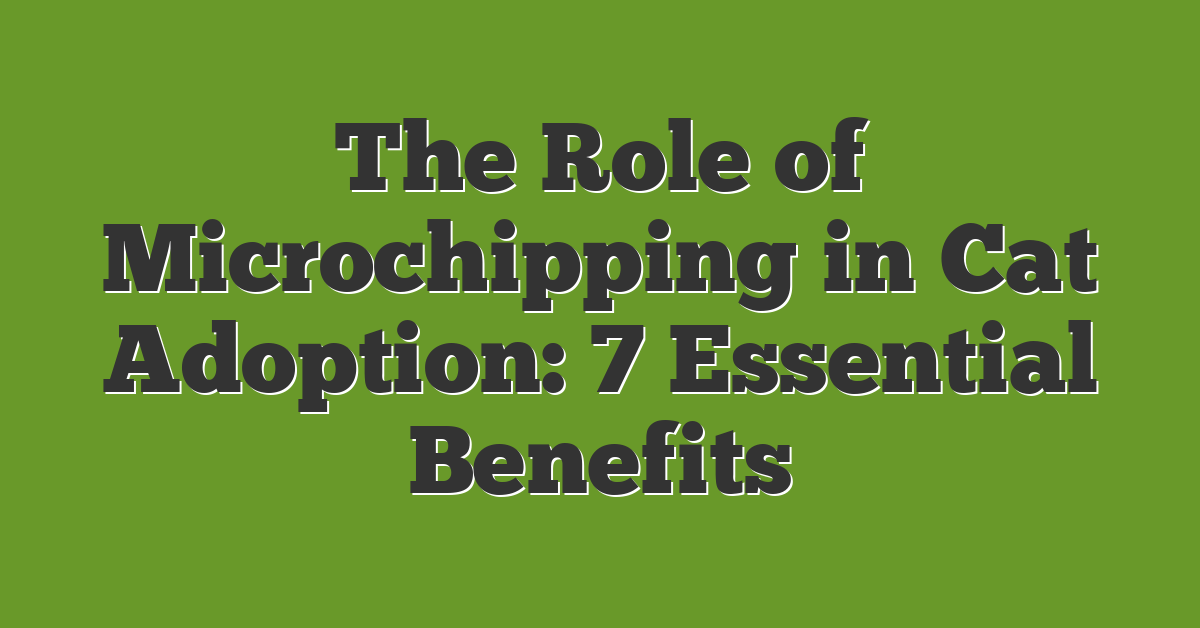Traveling with your cat can be a rewarding adventure, but feeding them on the go might seem challenging. Whether you’re moving across town or heading to another state, ensuring your feline friend stays well-fed and comfortable is essential.

With a little planning and the right strategies, you can make mealtime stress-free for both you and your cat. From choosing the right food containers to sticking to their regular feeding schedule, these tips will help you navigate feeding your cat during travel smoothly.
Understanding Your Cat’s Dietary Needs During Travel
Keeping your cat’s regular diet during travel is essential. Stress from the journey can change how they eat.
Bring familiar food to prevent stomach problems. Pack enough for the whole trip and a little extra for emergencies.
Stick to their usual feeding schedule. If traveling for several days, offer small, frequent meals.
Ensure your cat stays hydrated. Provide fresh water regularly using spill-proof bowls to avoid messes.
Watch your cat’s appetite closely. If they stop eating, it might mean they’re stressed. Talk to a vet if this happens.
Avoid introducing new foods while traveling. New tastes can upset their stomach. Keep to what they normally enjoy.
Preparing for the Trip
Getting ready to travel with your cat ensures a smooth journey. Proper preparation helps keep your cat comfortable and well-fed.
Choosing the Right Food
Select your cat’s regular food for consistency. Use high-quality kibble or wet food they are accustomed to. Avoid new foods to prevent stomach issues. Pack enough for the entire trip plus extra in case of delays.
Portioning Meals
Divide meals into small, frequent portions. Plan to feed your cat every 4-6 hours during travel. Use sealed containers to keep food fresh and prevent spills. Measure each portion to maintain their usual diet and avoid overeating.
Feeding Strategies During the Journey
Keeping your cat well-fed during travel ensures their comfort and reduces stress. Implementing effective feeding strategies makes the journey smoother for both of you.
Maintaining a Feeding Schedule
Stick to your cat’s regular feeding times by planning to offer meals every 4-6 hours. Divide food into small portions to prevent overeating. Schedule feeding times that align with your travel itinerary. Consistent meal times help maintain your cat’s routine and reduce anxiety.
Ensuring Safe Eating Practices
Use spill-proof bowls to keep food and water contained during the journey. Pack food in sealed containers to maintain freshness and prevent spills. Avoid introducing new foods to your cat to prevent stomach upset. Monitor your cat while they eat to ensure they are comfortable and safe.
Managing Hydration While Traveling
Keeping your cat hydrated during travel is essential for their health and comfort. Dehydration can cause stress and health issues, so it’s important to monitor your cat’s water intake closely.
Use Spill-Proof Water Bowls
Choose spill-proof bowls to prevent accidents in the car or plane. These bowls keep water contained, reducing mess and ensuring your cat always has access to fresh water.
Offer Fresh Water Regularly
Provide fresh water every few hours. Check the water level frequently and refill as needed. Cats prefer clean water, so changing it often helps keep them interested in drinking.
Portable Water Containers
Invest in portable water containers designed for pets. These containers are easy to carry and can be used without spilling, making them perfect for stops during your journey.
Wet Food for Extra Hydration
Including wet food in your cat’s diet adds extra moisture. Wet food contains more water than dry kibble, helping your cat stay hydrated, especially on longer trips.
Monitor for Signs of Dehydration
Keep an eye out for signs of dehydration, such as lethargy, dry gums, or reduced urine output. If you notice any of these signs, offer more water and consult a veterinarian if needed.
Keep Water Accessible
Ensure your cat can easily reach their water at all times. Place the water container within their carrier or in an area where they feel safe drinking without feeling stressed.
Use Water Fountains
Consider using a portable water fountain. The flowing water can encourage your cat to drink more, keeping them hydrated throughout the trip.
By managing your cat’s hydration carefully, you help ensure a safe and comfortable journey for your feline friend.
Post-Travel Feeding Tips
After your journey, help your cat settle back into their routine with these feeding tips:
Gradually Restore Regular Meals
Start by offering small, familiar meals. If you changed the feeding schedule during travel, slowly return to the usual times over a few days.
Monitor for Digestive Issues
Keep an eye on your cat’s digestion. Look for signs like vomiting or diarrhea. If you notice any problems, contact your vet immediately.
Ensure Continuous Hydration
Always provide fresh water. Refill water bowls regularly and check that your cat is drinking enough to stay hydrated.
Maintain a Consistent Feeding Schedule
Stick to your cat’s regular feeding times. Consistency helps reduce stress and keeps their digestive system stable.
Clean Feeding Bowls Thoroughly
Wash bowls with warm, soapy water. Clean dishes prevent bacteria buildup and keep your cat healthy.
Offer Comfort and Reassurance
Spend extra time with your cat. Petting and gentle interaction can help them feel secure after the trip.
Replenish Their Diet Slowly
If you introduced any new foods during travel, revert to their regular diet gradually to avoid stomach upset.
By following these tips, you ensure your cat transitions smoothly back home and maintains a healthy feeding routine.
Conclusion
Traveling with your cat can be a rewarding adventure when you prioritize their comfort and routine. Keeping meals consistent and ensuring they stay hydrated helps your feline friend feel secure on the journey. With a bit of planning and attention, feeding your cat on the go becomes effortless.
Enjoy your travels knowing your cat is well taken care of. Here’s to smooth journeys and happy moments together!
















